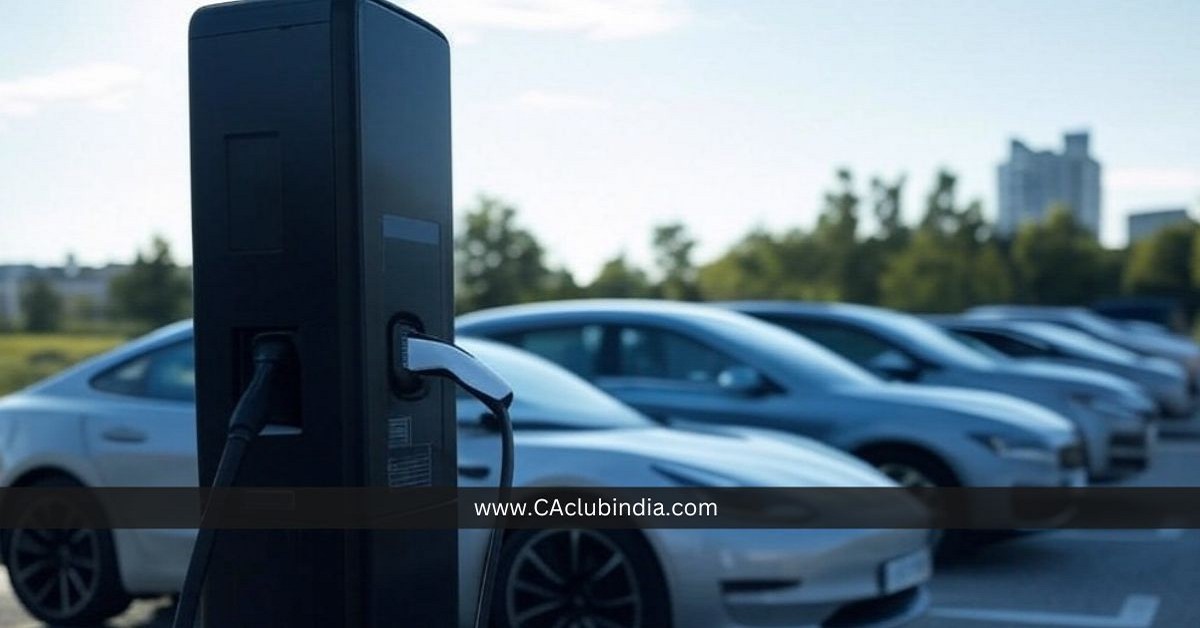The Electric Vehicle (EV) industry is calling on the government to slash the GST on EV batteries from the current 18% to 5%, aligning it with the GST rate applied to electric vehicles. The industry argues that this step is essential for making EVs more affordable and accelerating their adoption in India.
A uniform GST rate would enable manufacturers to pass on cost benefits to consumers, thereby addressing a major affordability barrier in the sector. "Bringing GST on EV batteries in line with the 5% rate applied to electric vehicles is crucial for reducing costs and making clean mobility more accessible to the masses," said the Practice Leader, Mobility, Energy and Transportation at Praxis Global Alliance.

Need for Cost Alignment
Currently, the disparity between GST rates on EVs and their batteries creates inefficiencies in the cost structure. Harmonizing the GST to 5% for both EVs and batteries could lower overall EV costs by 5-10%, streamlining pricing across the value chain. Industry stakeholders believe that this move would significantly boost demand and help India achieve its clean mobility goals.
Budget Expectations
The sector is also advocating for infrastructure status to be granted to EV charging stations, which would reduce borrowing costs for investors and attract private investments. According to the Project Director of the National Highways for Electric Vehicles (NHEV), simplifying tax structures and ensuring consistent GST rates for EV components and charging infrastructure are vital for growth.
Additionally, the industry is urging the government to address delays in Production Linked Incentive (PLI) disbursements and ease value addition norms to support domestic manufacturing.
Government's Push for EV Adoption
The Centre's proposed budget of ₹10,900 crore for EV adoption includes a focus on developing a robust charging infrastructure. Out of this, ₹2,000 crore has been allocated for setting up fast chargers - 22,100 for e-4Ws, 1,800 for e-buses, and 48,400 for e-2Ws and e-3Ws.
"Granting infrastructure status to charging stations would not only attract investments but also foster public-private partnerships, enabling faster network deployment and improved service quality. Such measures are crucial for achieving 30% EV penetration by 2030 and reducing India’s dependence on fossil fuels," added the NHEV Project Director.
As the government prepares to announce its budget, all eyes are on whether it will address these key demands from the EV sector, paving the way for a greener and more sustainable future.





 CAclubindia
CAclubindia
